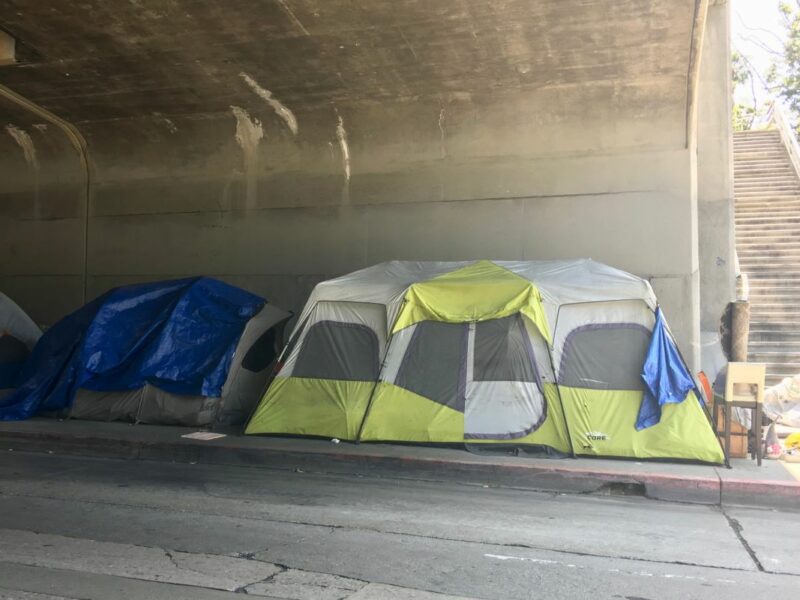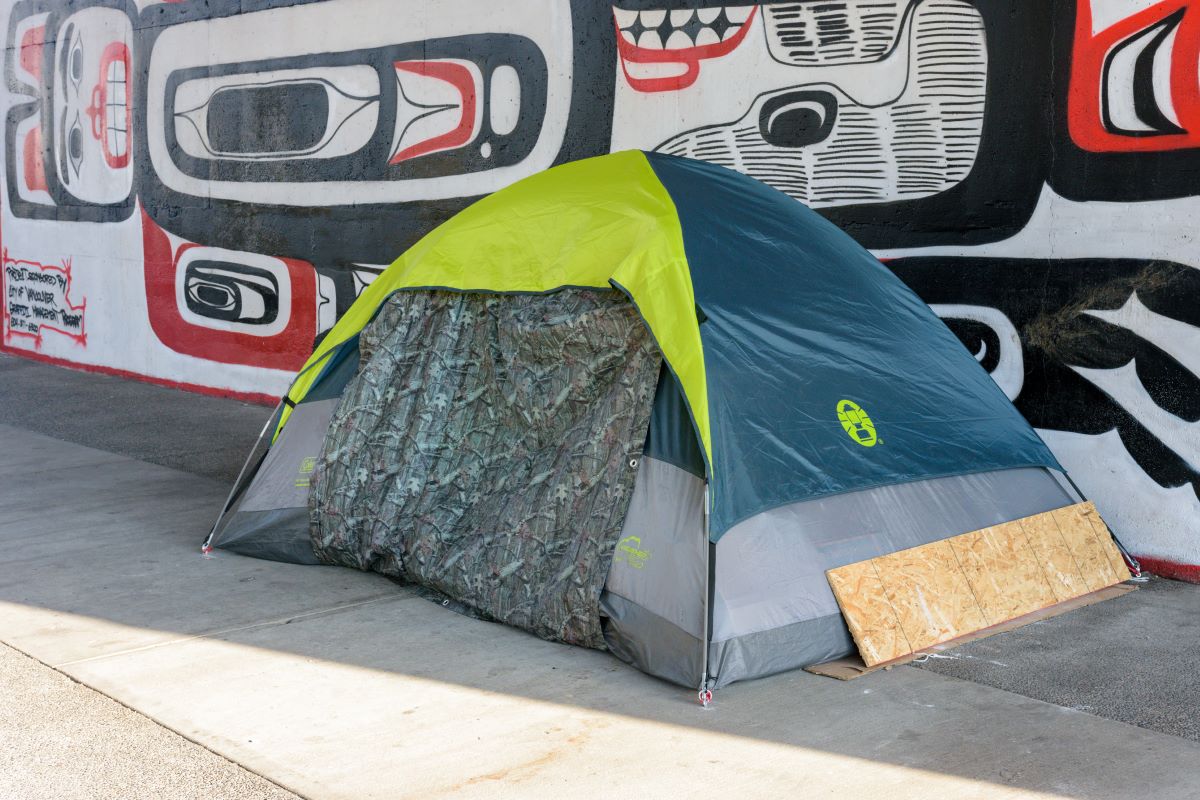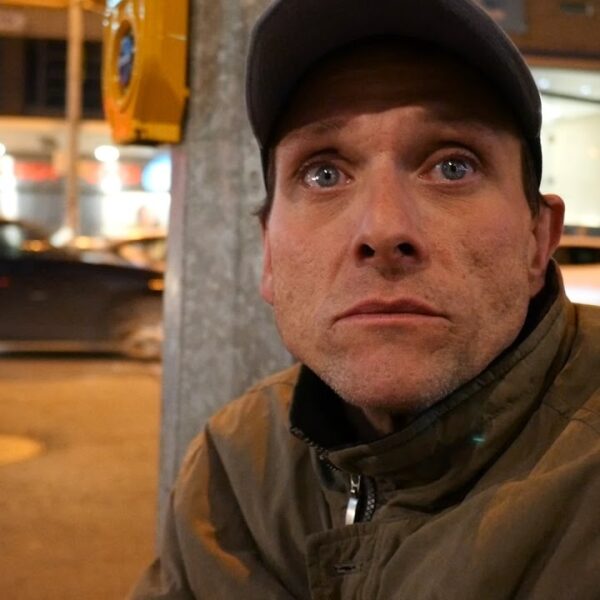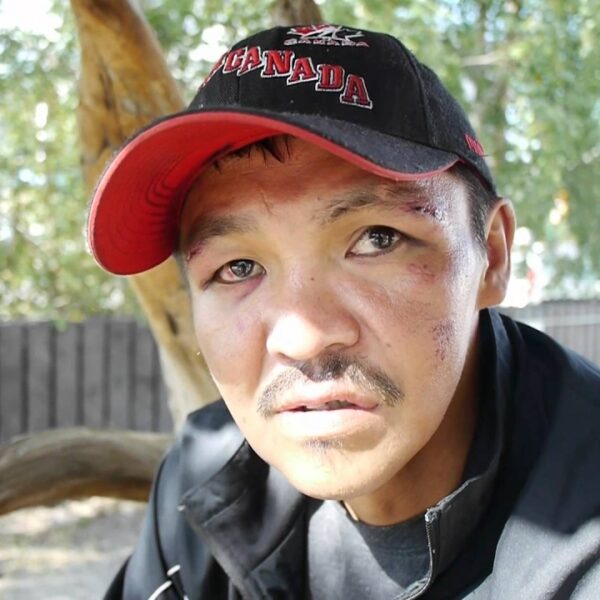The Canadian Alliance to End Homelessness (CAEH) recently presented the Canadian government with a program to offer rent assistance for people who are vulnerable to homelessness. Known as the Homelessness Prevention and Housing Benefit (HPHB), the program’s goal is to provide relief for two categories of the population that need urgent financial assistance:
- People who are already experiencing chronic homelessness
- People who are at significant risk of homelessness
If given the green light, CAEH suggests the government can provide aid to 385,000 households at risk of homelessness and more than 50,000 people experiencing homelessness. The proposal also aims to be a prevention measure to remove hundreds of thousands of people from life-threatening situations.
The organization recommends immediate action to address homelessness as the probability of more people becoming homeless has significantly increased due to the pandemic, growing inflation, and the possibility of an economic recession.
The Primary Goal of the HPHB Is to Cover the ‘Affordability Gap’
The proposed benefits aim to cover the “affordability gap,” defined as the difference between the rent price and the renter’s monthly payment potential.
For example, the monthly rent for an apartment is $1,500. However, a tenant can only afford to pay a maximum of $900 per month. In this case, the affordability gap is $600. If the renter had an extra $600 monthly, they could afford the rent.
Many people are at risk of homelessness because of this gap. The crisis is worsening because rent prices are rising while wages and salaries remain stagnant.
The HPHB aims to help people who are chronically homeless and those at risk of homelessness in the following ways:
- People who are chronically homeless and rely on income assistance programs will be offered the difference between the rental price and their rent coverage from income assistance.
- People who are employed but at significant risk of homelessness because they do not earn enough wages to afford rent.
Affordable housing can take years to become a reality. Financial measures must be implemented so chronically homeless people can afford a place to stay in the interim. HPHB offers immediate solutions to help people who are chronically homeless.
Being chronically homeless is very challenging as one is vulnerable to dangerous situations such as violence, abuse, illness, etc. For the government to say that affordable housing is the only solution means that the people currently experiencing homelessness will remain on the streets for years to come. This benefit will allow people to find a place to rent and be physically safe.
The government should prioritize helping people who are facing chronic homelessness. On the other hand, to prevent homelessness from becoming an issue that becomes impossible to solve, the benefit will provide families with a place to stay with a monthly payment that can help them avoid eviction, decreasing new cases of homelessness.
The Lack of Affordable Housing Is a Systemic Cause of Canadian Homelessness
Over the last ten years in Canada, there has been a significant decline in affordable rental housing units. The result: people who could have previously afforded rent are now vulnerable to homelessness.
Let’s consider the widely accepted standard for housing affordability, which says one should not spend more than 30% of their income on housing (rent or mortgage). The annual salary for those making minimum wage in Canada is $30,000. Given the standard for housing affordability, their monthly rent should not exceed $750. Prices have increased beyond $750 per month for the 553,000 units that were affordable and available between 2011 and 2021. Meanwhile, wages have not budged. This has left people in this category rent-burdened and demonstrates that it is increasingly challenging for minimum-wage workers to find a place to rent.
Urgent Plea to Reduce Canadian Homelessness
HPHB will allow the government to take swift action to prevent and even reduce homelessness. While creating more affordable housing, reducing unemployment, and increasing wages are long-term goals, HPHB can provide short-term solutions to protect Canada’s most vulnerable residents.













